Europe lives from the ideas it was born from.
In preparation for the upcoming meeting of Friends of Together for Europe, we asked Jiři Kratochvil from Prague and expert in intercultural dialogue the following three questions.
The next appointment of Friends of Together for Europe will take place in Prague, the land of the ‘Hussites’, ‘Prague Spring’ and the ‘Velvet Revolution’. The great history of the Czech nation will become a backdrop to the ensuing dialogue at this meeting. How can we best approach this great history with an aim to understand it better?
It is a troubled history, characterised by great idealistic and spiritual awakenings, by a search for justice and truth which often ended with disappointment and disillusion. This applies to all three historical moments referenced in your question. Firstly, the Hussite movement born from the ashes of Jan Hus who was burned at the stake in 1415, and who was considered by his followers as a martyr for the Truth. Unfortunately, the ensuing wars which bore witness more to power than truth laid waste to the country. Several centuries later, in 1968, in a similar fashion, the main actors of the “Prague Spring”, with what seemed like the whole nation behind them, sought to establish a form of socialism with “a human face”. This new regime strove to shed the lies and cruelty of the previous era. Sadly, this new hope was dashed in the tracks left by the tanks and stagnated into a general collective resignation, which not even the heroically sacrificial gesture of Jan Palach, a student who burned himself alive in protest, was capable of ending.
Finally, the “Velvet Revolution” of 1989 which many of us remember clearly, was carried ahead by the slogan of its main protagonist Vaclav Havel “Love and Truth will overcome lies and hatred”. No one however expected the hard battle that followed. The spiritual values of the first months which were so strongly felt in the mass demonstrations in the squares slowly receded and were replaced by the pragmatism of the “technology of power”.
The flag of the president of the Czech Republic reads “Truth Prevails” however, two words have been left out from the original version of this quotation which was “Truth of God Prevails”. We are certain that His Truth will win at the end of History. However, before that happens, it must be dealt many blows as history, not only Czech history, shows. This does not relieve us of our obligation to always align ourselves to His side, the side of Truth.
“Together for Europe” wishes to contribute to building unity between Eastern and Western Europe, what role does the Czech Republic play in this commitment?
Due to its troubled history, the Czech Republic is a highly secularised country. The majority of the population do not identify with any Church. This does not mean all are atheists however, surprisingly the number of self-declared atheists has been diminishing. There is a strong sensitivity to spiritual and cultural values among young people and the intelligencia. This was demonstrated in 2009, by the warm welcome received by Pope Benedict XVI at the Accademia in Prague. It may have been that very welcome that inspired Benedict to establish the “The Court of the Gentiles”, an initiative aimed at dialogue with the laity.
Christians of different denominations united among themselves and engaging in such a dialogue in its various forms, show one of the ways of building the project of Together for Europe. Secular lay people in the Czech Republic are already leading the way in this dialogue.
Looking ahead, what further challenges await us in reaching our objective – unity?
An extremely difficult question, the answer to which, while not simple, seems logical. People say that every nation lives from the ideas it was born from. This can also hold true for a continent. Let us recall the roots of the Europe in which we all live. In Jerusalem (faith), Athens (reason) and Rome (law). On these strong foundations grew Europe’s cultural, spiritual and material greatness and wealth. Today we face situations of migrations of people similar to those of medieval times. The greatest challenge lies in knowing how to live with the diversity of the new arrivals, of which there will be many. Migratory currents will continue to flow not only for political and economic reasons but also due to the impacts of climate change.
Let us not delude ourselves: Europe as we know it, will sooner or later disappear, also due to decreasing birth rates. As Christians, we need to be that creative minority, returning to the solid foundations of our tradition and to the values it generated, whilst maintaining a sense of openness to new inspirations. Based on these spiritual foundations, asking continuously for the grace of God, we can seek a new unity for this new Europe.
Jiři Kratochvil, born in 1953. Degree in economics obtained in Prague. For many years worked in state owned bodies under the auspices of the Department of Finance. After the fall of communism, he was instrumental in the renewal of the Czech Caritas. He has lived in Canada, Italy, Germany, Czech Republic and Slovakia. Currently he lives in Prague and works as a translator for the Czech Episcopal Conference.
Photo: Prague: ©Canva; Jiři Kratochvil: private
- Jiři Kratochvil
- Jiři Kratochvil, Raul Silva

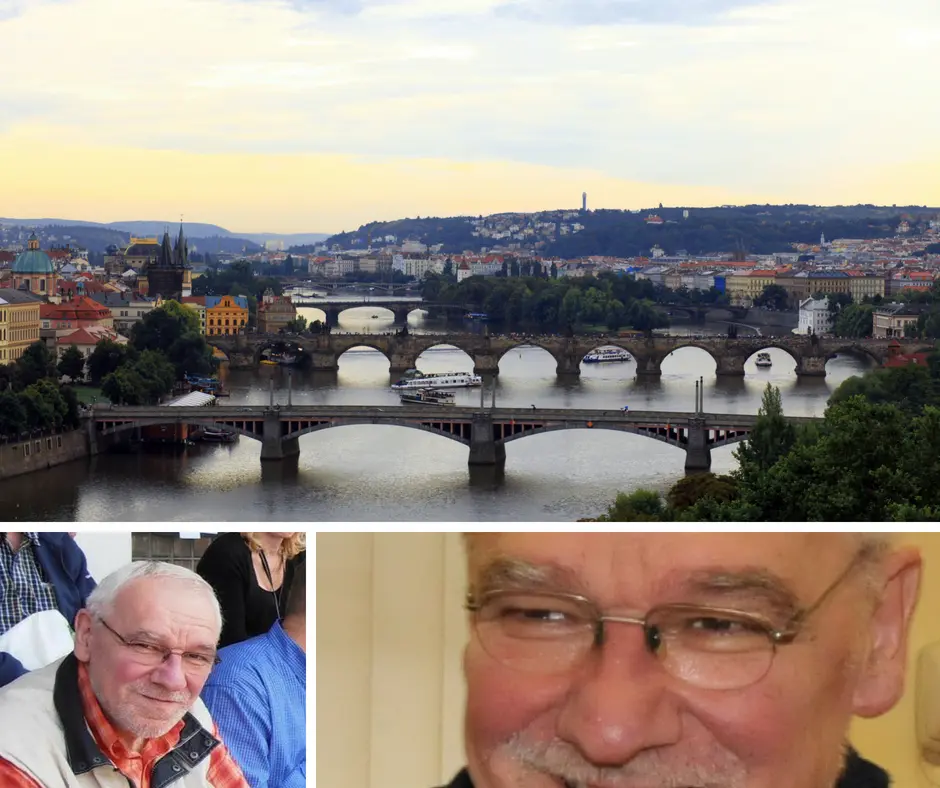
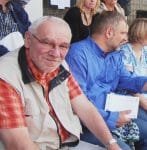
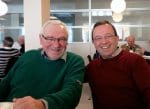
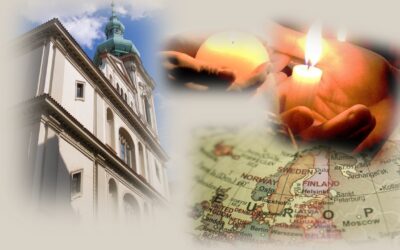
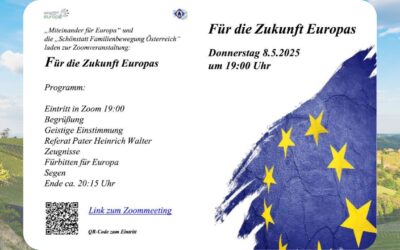

0 Comments